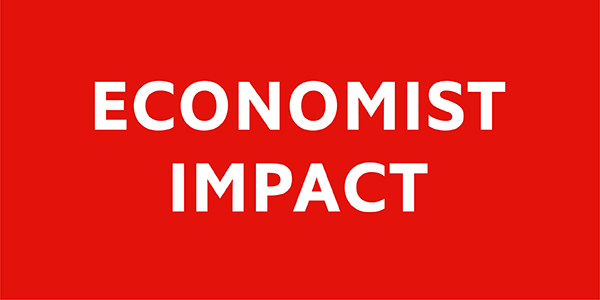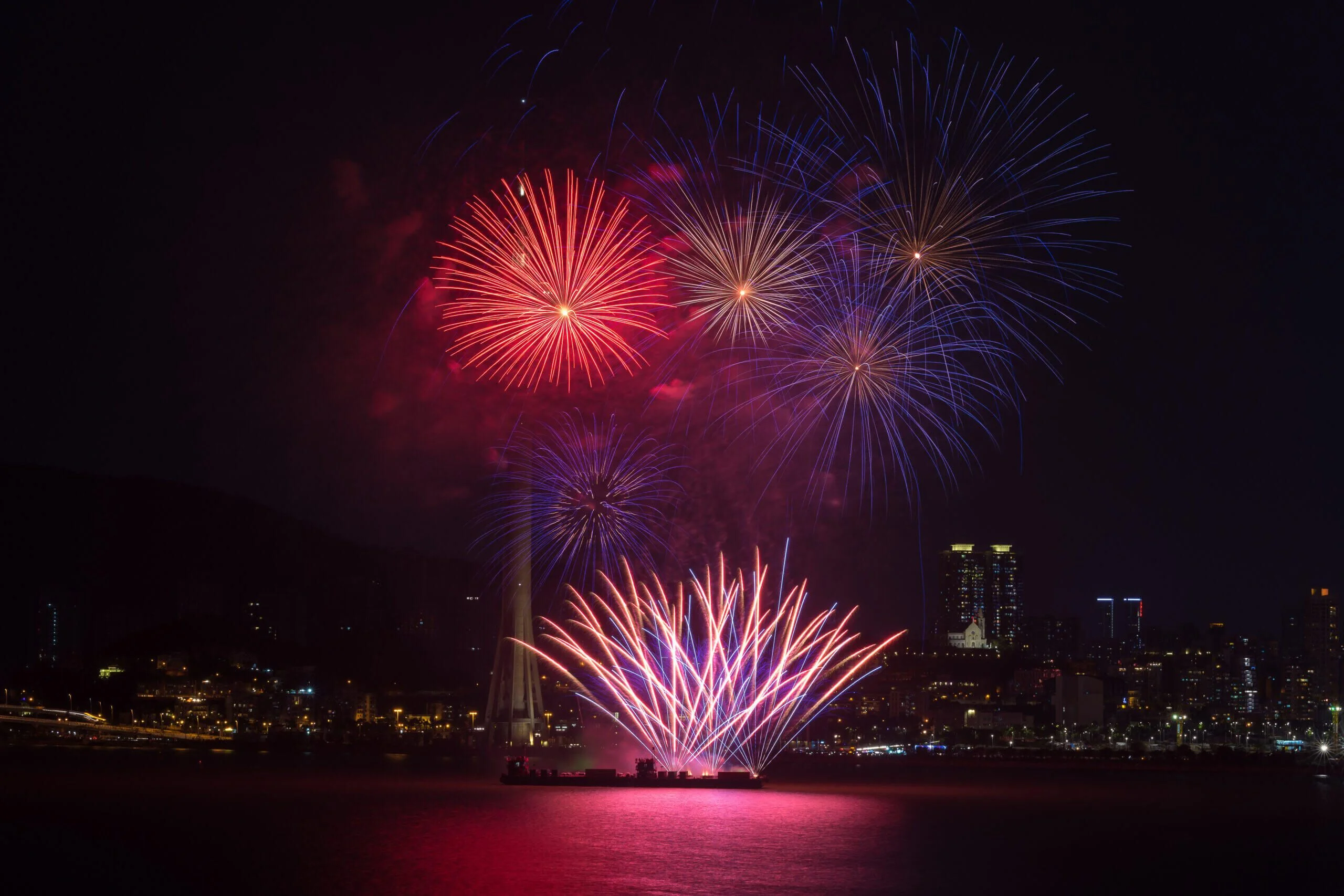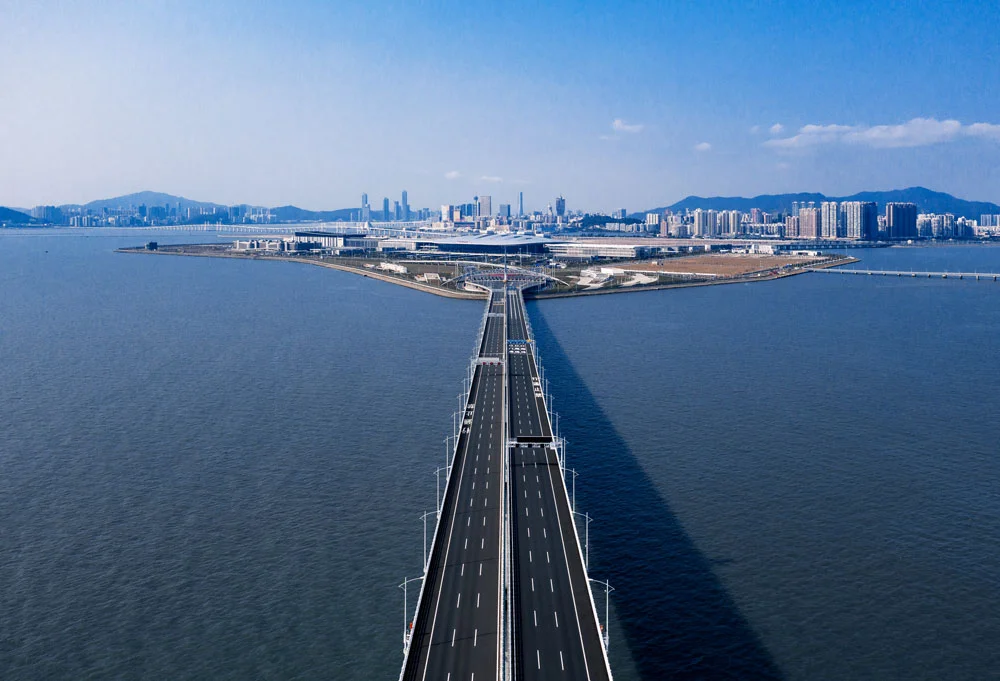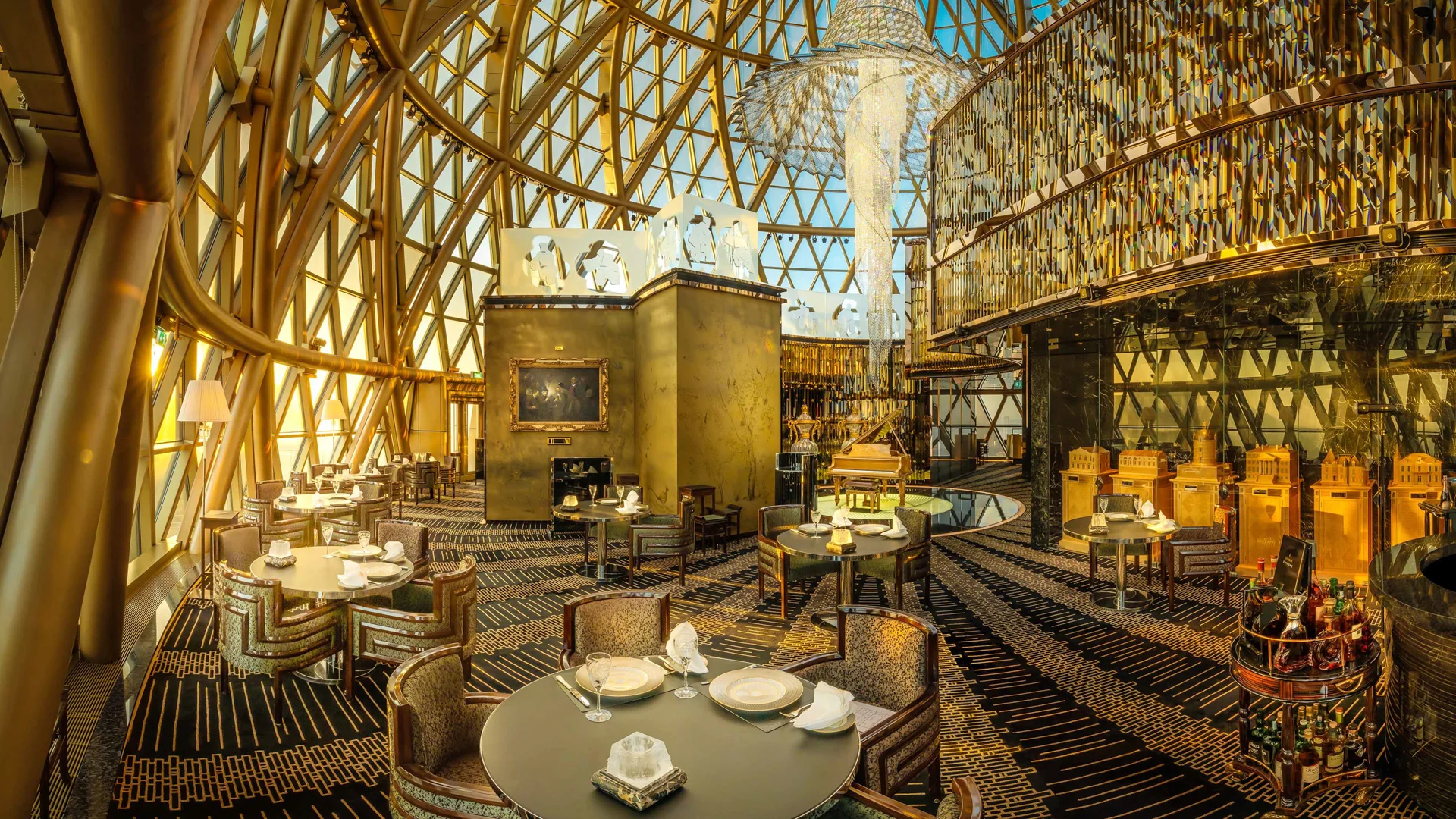Macao, business beyond the usual
Macao is truly in full swing. With a resurgence in international travel in the past two years, tourists are lapping up the diverse attractions the city has to offer—from the Cotai Strip’s many luxury hotels, to the restaurants housed within the two-storey colonial buildings in its historic St. Lazarus district. By the end of 2023, total visitors have skyrocketed to almost 30 million, a jump of some 395 per cent year on year.
Videos

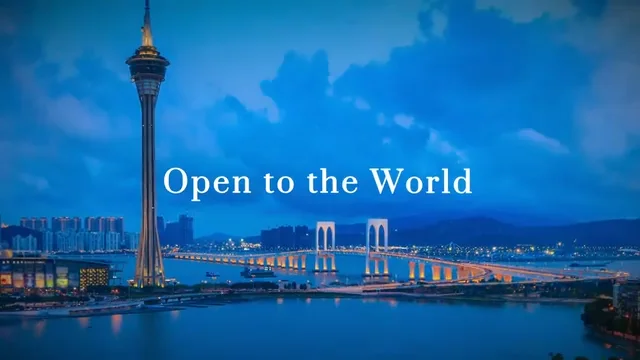

MAIN VIDEO
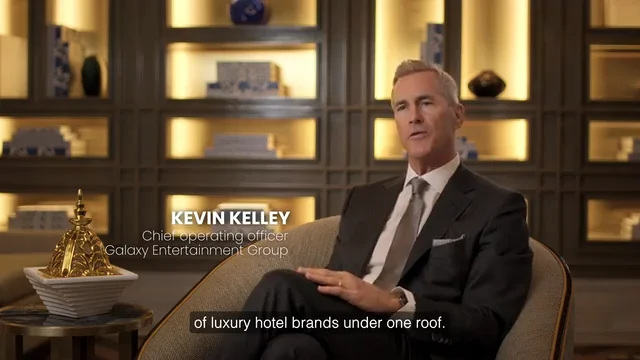
GALAXY ENTERTAINMENT GROUP
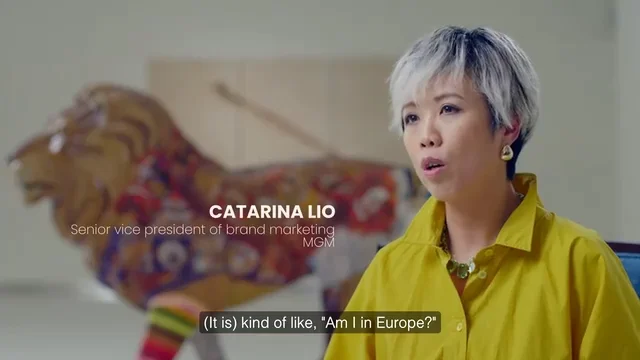
MGM
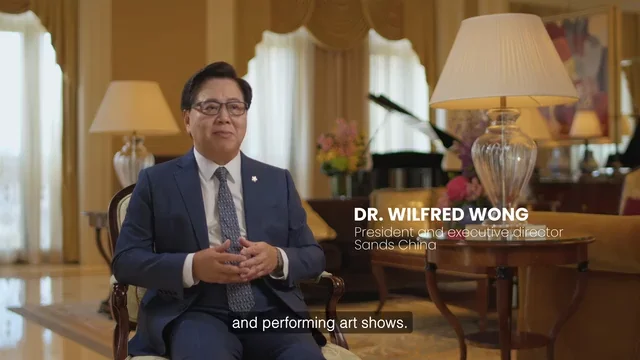
SANDS CHINA
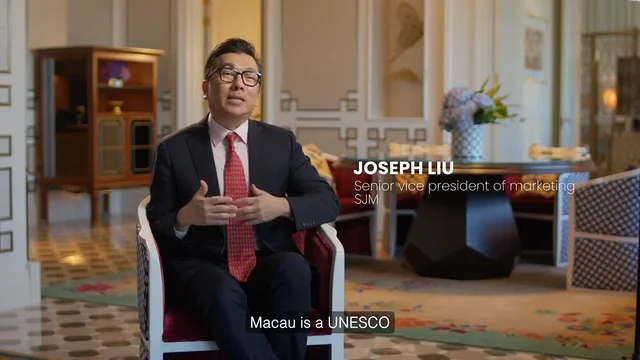
SJM
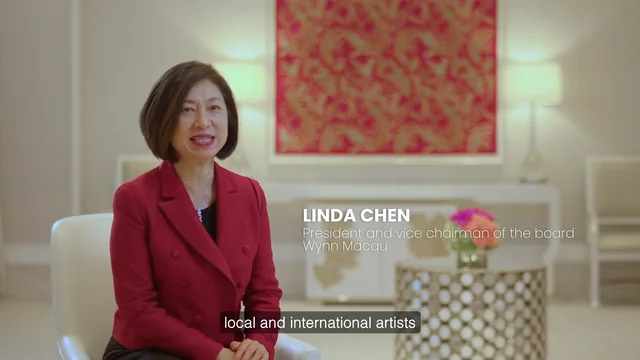
WYNN MACAU
With this revival in tourism has also come reinvention. Over the next decade, the city wants to take business “beyond the usual”, a plan that will shine a spotlight on all that makes Macao unique, from its multicultural heritage to its culinary identity, supported by a combined effort of both the government and local community.
“
”
Coming into its own right
Casinos boomed when the government opened up gaming in 2002. But as concern about the sustainability of the city’s reliance on this grew among the city’s leaders, Macao knew it was time to reinvent itself.
Plans to do exactly that are in motion: in his
2023 policy address, Macao’s chief executive Ho Iat Seng emphasised
the commitment to diversify into non-gaming and grow
the sector’s GDP contribution to 60%. Part of this
will include government support for small and
medium-sized enterprises as a key investment back
into the local community.
Mr Ho added that the government would focus on
developing four new industries—namely health and
wellness, innovative technology, modern finance, and
conventions and exhibitions, including culture and
sports. These four, believes Tai Kin Ip, director of
the economic and technological development bureau,
“will gradually become the economy’s
growth momentum”.
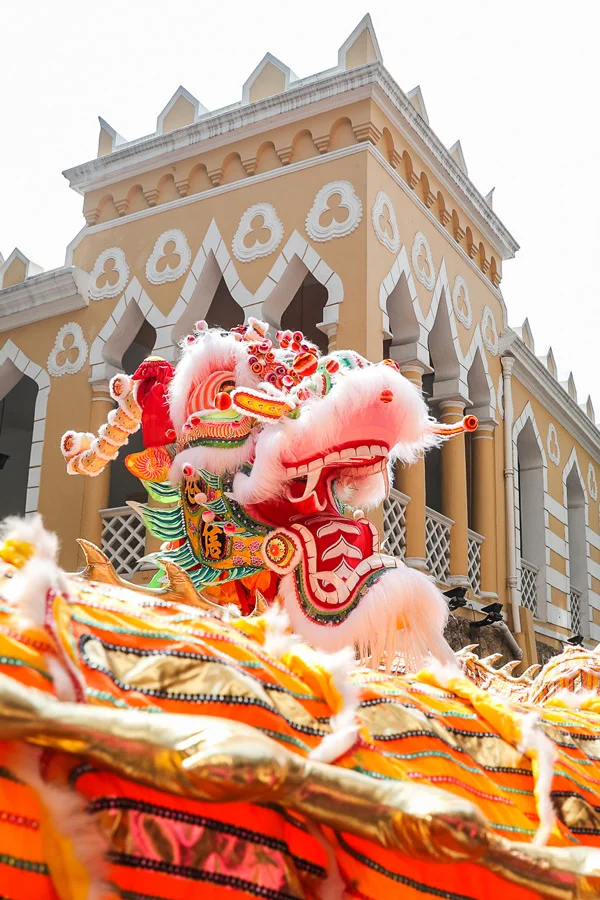
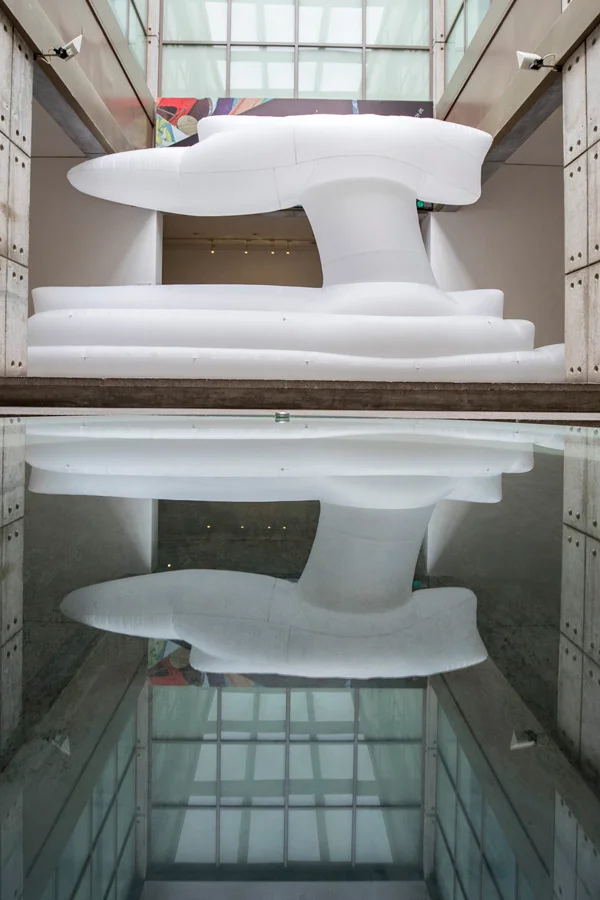
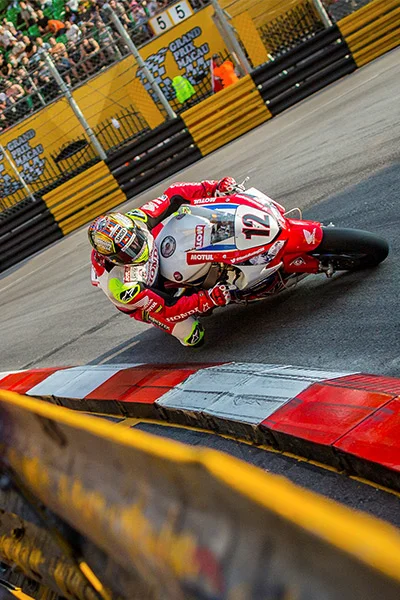
With a jump in hotel rooms from 9,000 at the handover to China in 1999 to 46,000 now, along with more facilities and activities, as well as a GDP per capita that has quadrupled in that same time frame, Macao has much more capacity to look beyond gaming, says Maria Helena de Senna Fernandes, director of Macao Government Tourism Office (MGTO).
The decade ahead
In a move that showed the government’s plans not to leave the city’s future to market forces alone, the Special Administrative Region in December 2022 awarded six integrated resorts (IRs)—MGM Grand Paradise, Galaxy Entertainment, Sands China, Melco Resorts & Entertainment, Wynn Macau and SJM Resorts—new ten-year concessions.
Under these shortened concessions, the IRs have pledged to invest nearly US$15bn into Macao over the next decade, of which 90% will be in non-gaming. The resorts—which already house casinos, hotels, convention facilities, theme parks, luxury retail and dining—will also align their investments more closely with the government’s strategy to reposition the city for business and leisure travellers.
With a wide range of event venues, luxury accommodations and entertainment options on offer, paired with a geographical advantage—in the Pearl River Delta megalopolis and in close proximity to Hong Kong and mainland China—over other cities in the region, Macao in the past decades has already been cementing its status as a major meetings, incentives, conventions and exhibitions (MICE) hub in Asia-Pacific. Pre-pandemic, according to a report published by the International Congress and Convention Association in 2019, Macao ranked 12th among convention cities in the region, having risen five places from the year before.
“
”
To take business “beyond the usual” and as part of an array of non-gaming infrastructure investments, a top priority for Macao is leveraging its existing MICE reputation. This means building more and bigger multi-purpose convention and exhibition centres, including those that can host large-scale cultural and sports events. This is something Sands China has recently rolled out in The Londoner Arena, which has been a welcome addition to existing world-class venues like Galaxy Arena.

Key to this pivot is also an investment in new leisure and entertainment products and services—like the city’s largest indoor and outdoor water park, opened by Melco Resorts—that builds on Macao being a “world centre” of tourism and leisure, something Mr Ho reiterated in his speech. These, together with developments in high-tech and health projects led by the IRs, aim to encourage travellers to spend more time in the city during their visit. Already, according to the World Travel and Tourism Council (WTTC), Macao ranked fourth among global cities in terms of tourist spending in 2022, higher than Singapore. The WTTC predicts that in ten years, Macao will not only rise two spots on this list, but also move up on the list of top city destinations.
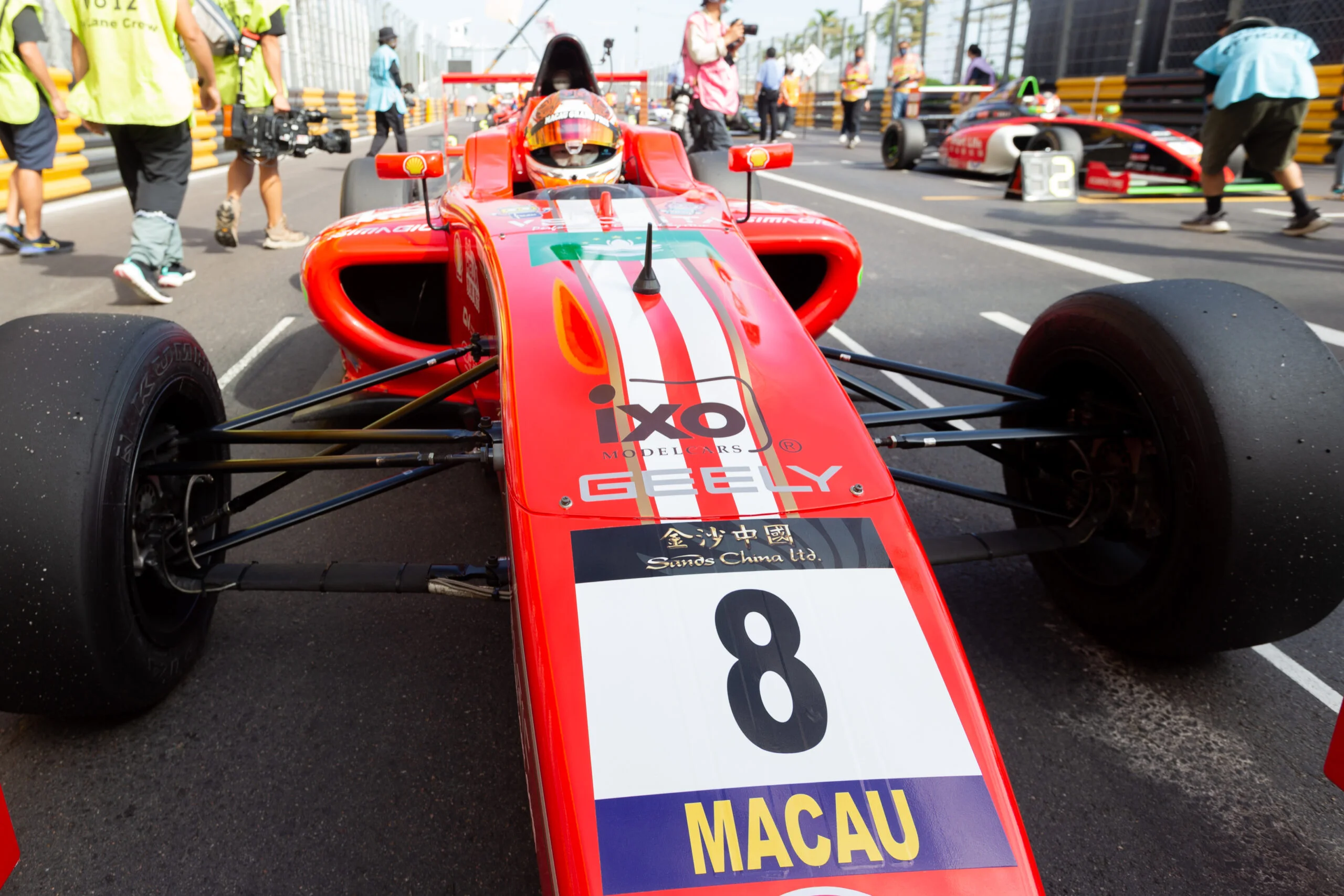
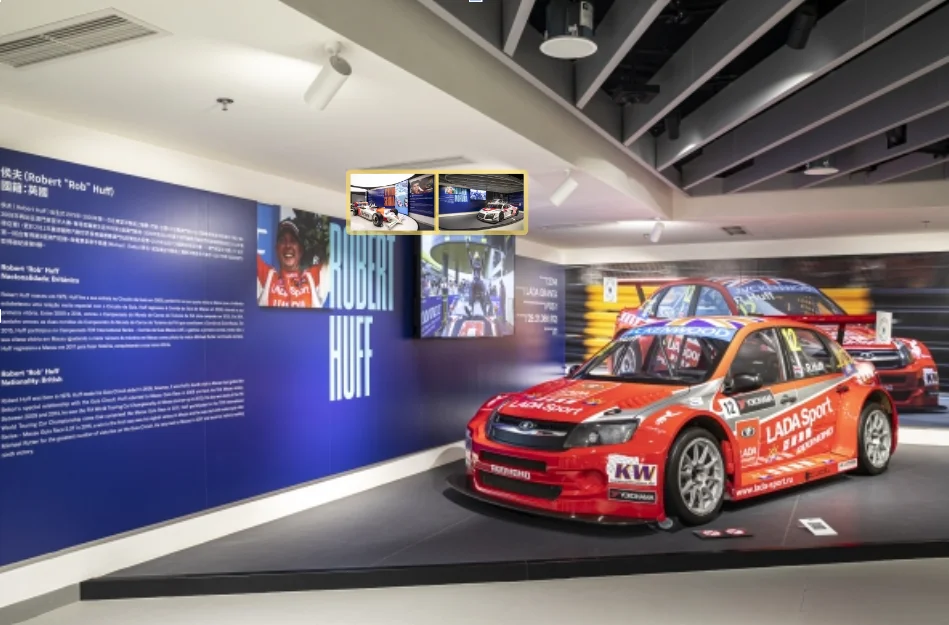
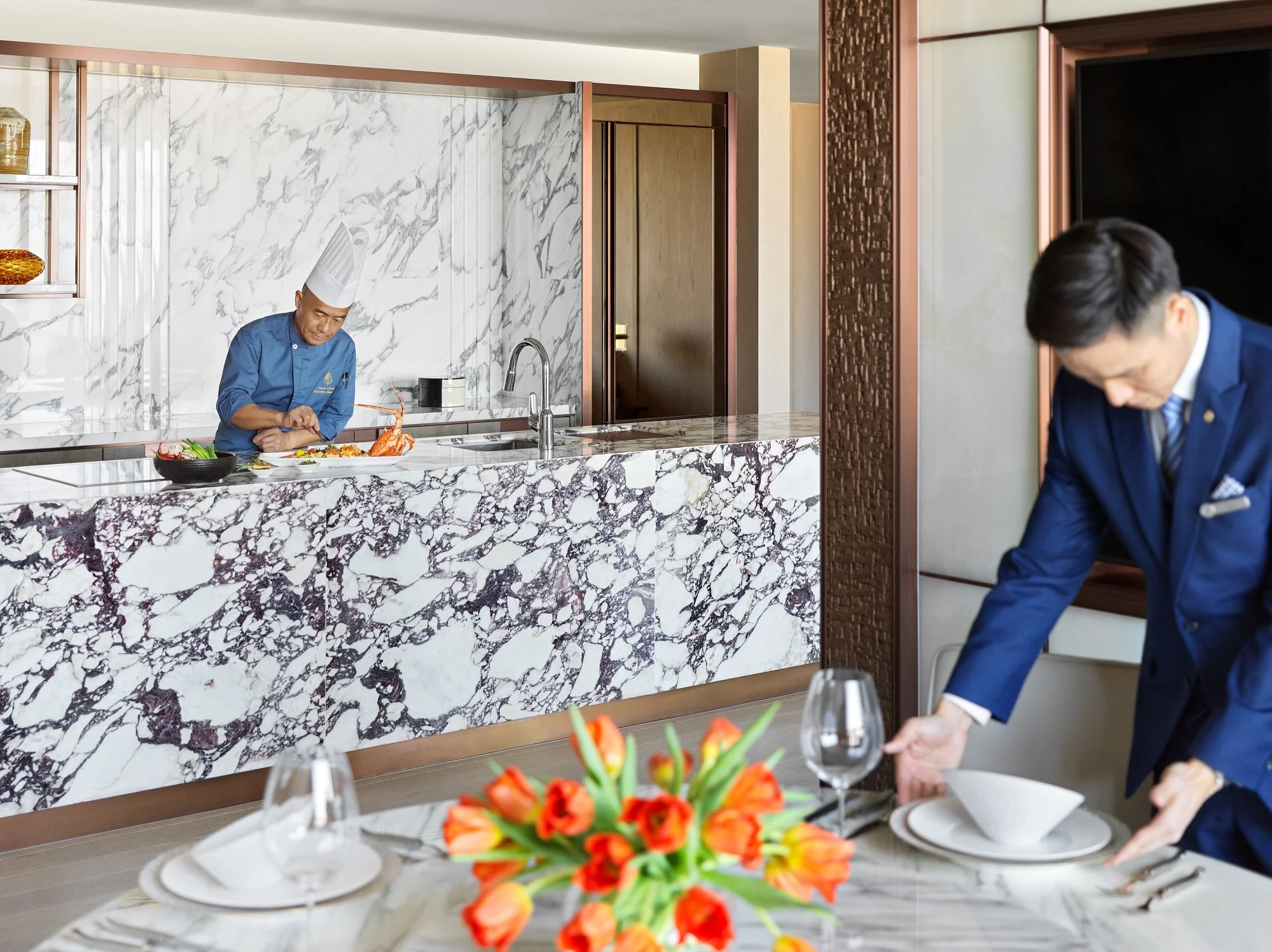
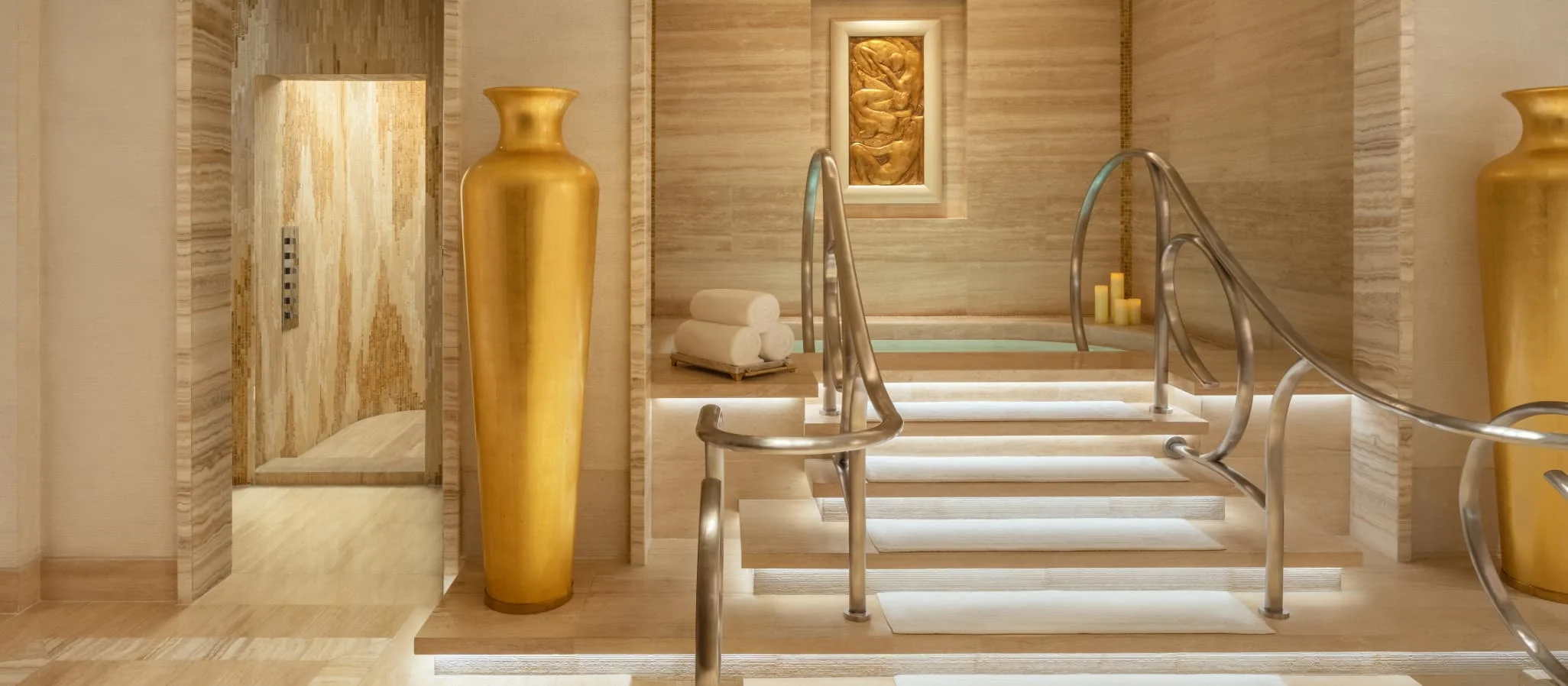
Macao’s move away from gaming is akin to what Las Vegas did to diversify, except that the city’s content will be different as its customers are different, says Ricardio Siu, associate professor of business economics at the University of Macau. Under the new gaming concessions, the government has asked the IRs to link up with the local economy, including maritime tourism. To this end, the resorts are focusing on what is unique about Macao and allocating resources towards supporting the community economy, a move that could significantly help entrepreneurial projects.
“
”
Designated buses presently shuttle tourists from the five-star resorts to the historic part of town; some have said they would revitalise the historical buildings and support small firms, food fairs and exhibitions. This will have downstream effects for residents, who can benefit from more visitors seeking to sample local life.
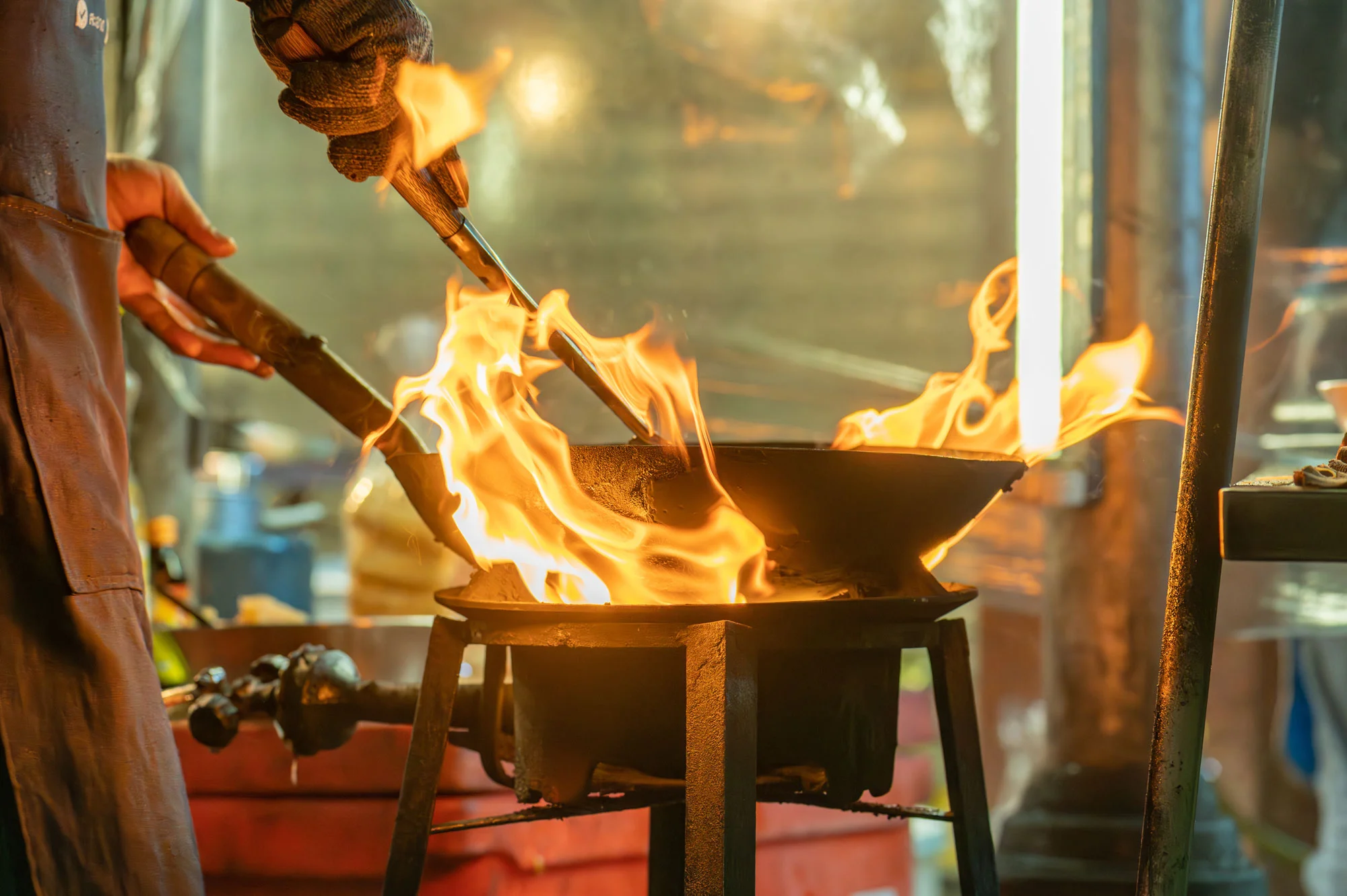
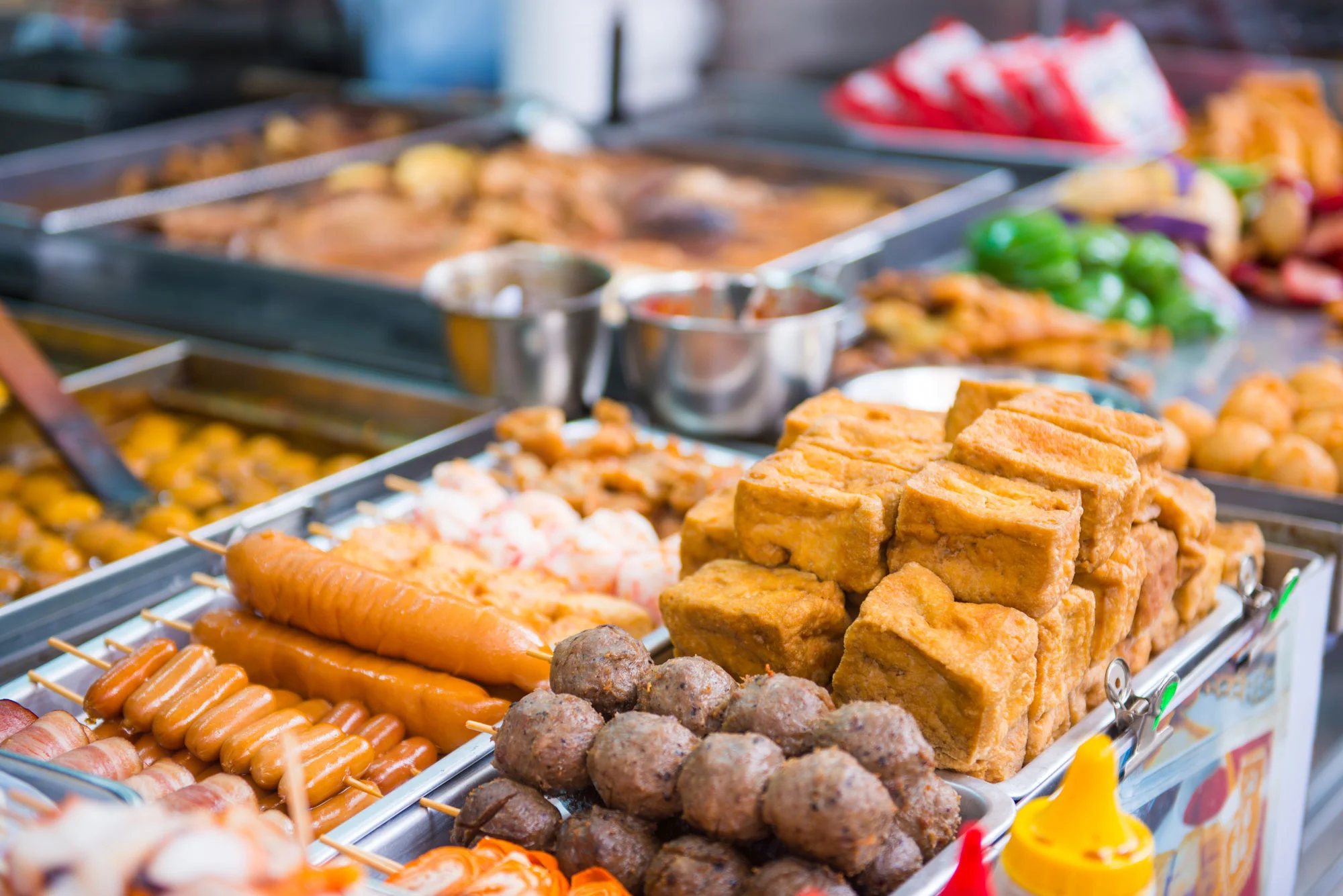
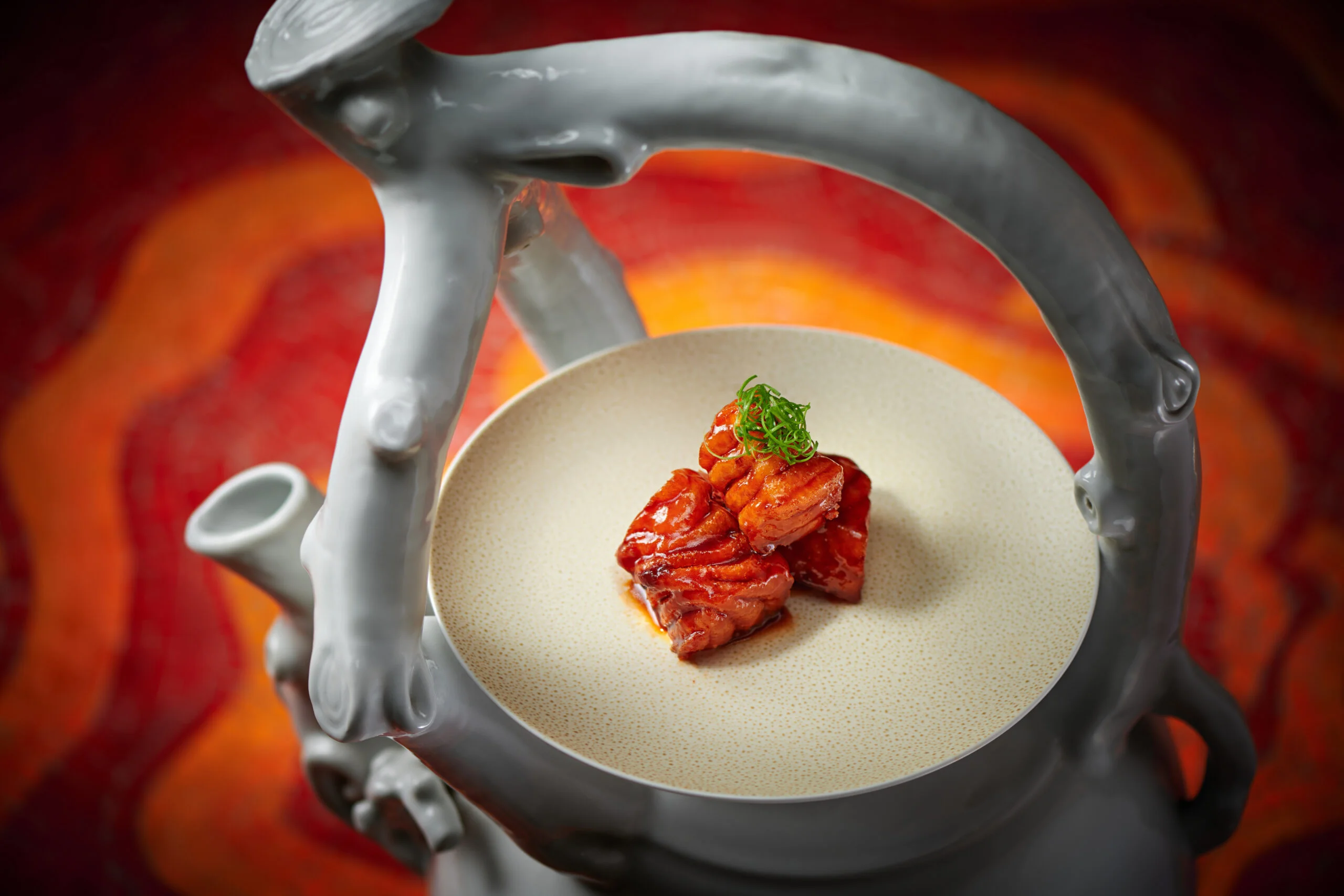
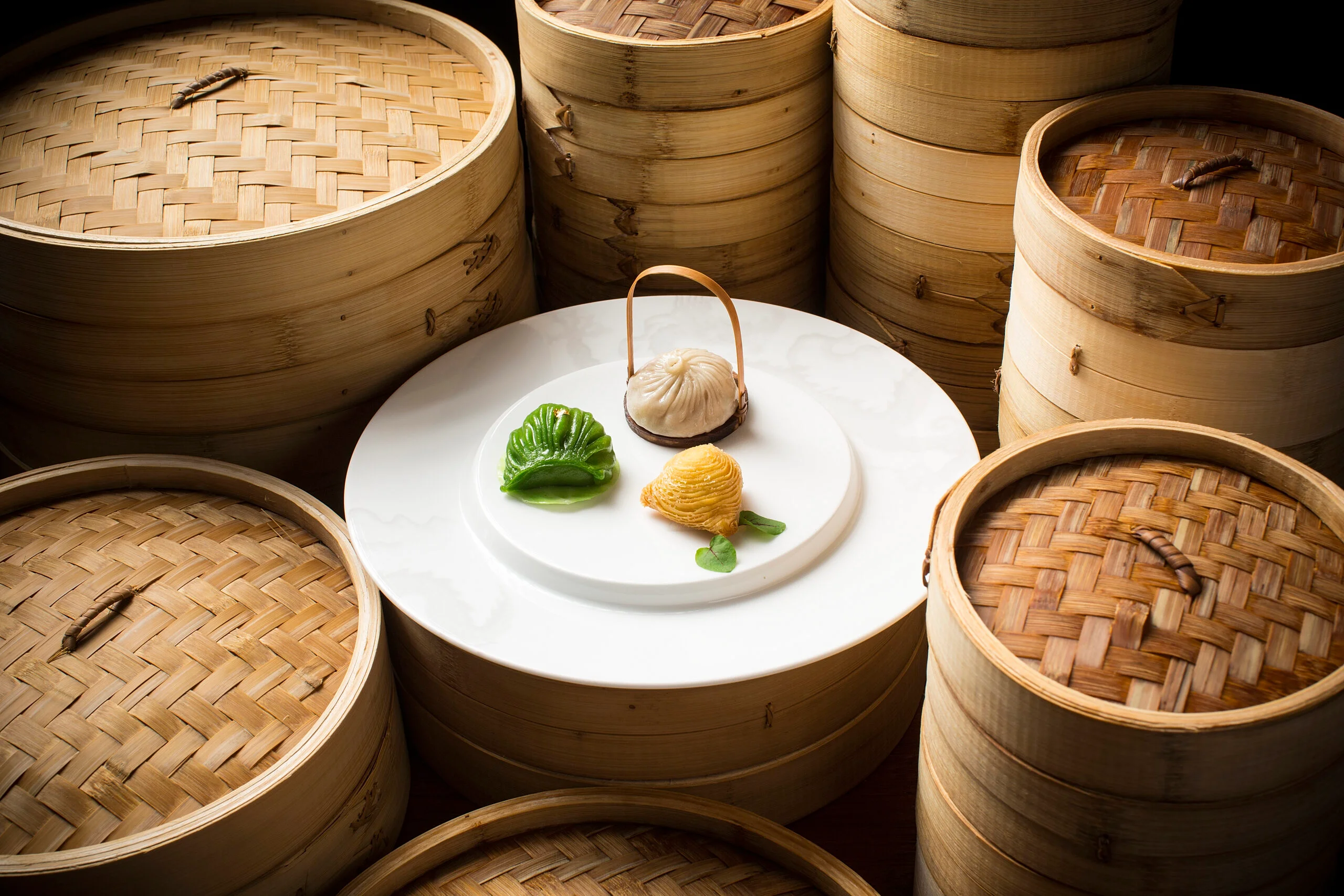
“In the past if you thought of investing in Macao tourism, you would think of a multi-billion-dollar IR investment, but not everyone can do that,” says Ms Fanny Vong, president of the Macau Institute for Tourism Studies. “After reopening, visitors are looking for street experiences, street food, local specialities and delicacies. This creates opportunities for the public…who can invest small amounts of money into small business and make profits.”
The government too is getting on board, with the MGTO saying it will build on the strengths of tourism and gaming to grow non-gaming, offering better facilities and services, including to its local residents. “Gaming brings in money so we can use that capital and plough (that) into other sectors which need support when they are emerging,” says Ms Senna Fernandes. “On the gaming floor there is a lot of technology… we can use that as a possible breeding ground for new technologies.”
Changing visitor demographics
Already, there is evidence tourists are coming to do things other than gaming. According to a 2022 survey, shopping (60%) topped the list of reasons why visitors came to Macao, followed by food (40%) and sightseeing (28%). In contrast, less than 5% chose gaming.
“
”
Changing visitor demographics can explain these
shifts in priorities—namely that they are now
younger. According to MGTO, 85% of Macao’s tourists
are between 18 and 35 years old, and mostly female.
These younger visitors are seeking new experiences
and do not have a big budget—or perhaps even
interest—to spend on the gaming floor, says
Ms Vong.
Instead, they prefer to explore what else the city
has to offer, and might want to stay beyond just the
day or one night to do so. The diversification into
non-gaming will greatly support this repositioning
and potentially even attract other types of
tourists, such as those vacationing with family or
business travellers looking for a relaxing
destination to pair with work.

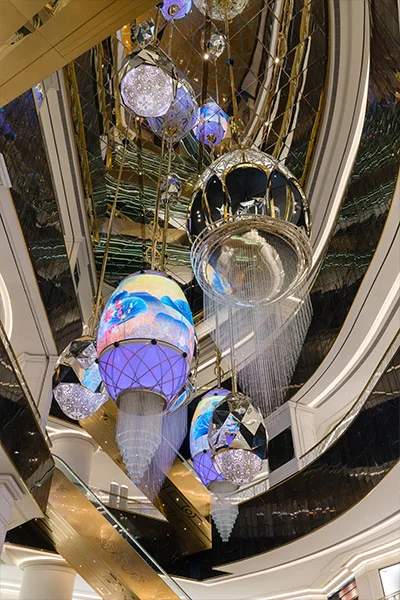
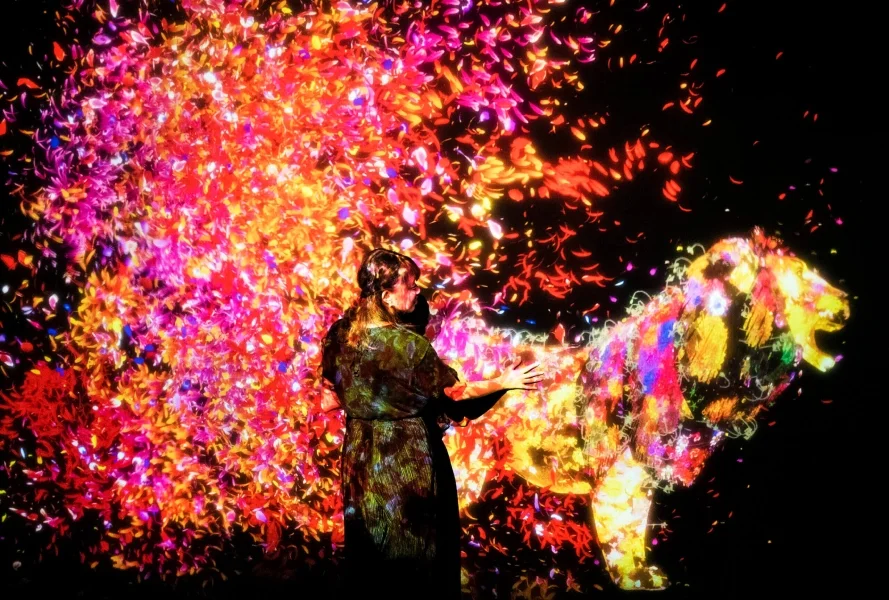
Turning roadblocks into opportunities
Despite signs of the market diversifying, challenges remain. At just over 30 square kilometres, Macao is less than half the size of Manhattan and the streets are often congested with traffic, says Mr Siu.
But a fourth bridge set to be open to traffic later this year will ease congestion between a new urban area on the Macao peninsula and residential Taipa. It will also link up with the Hong Kong-Zhuhai-Macao bridge, making it easier for tourists to enter from Hong Kong and mainland China.
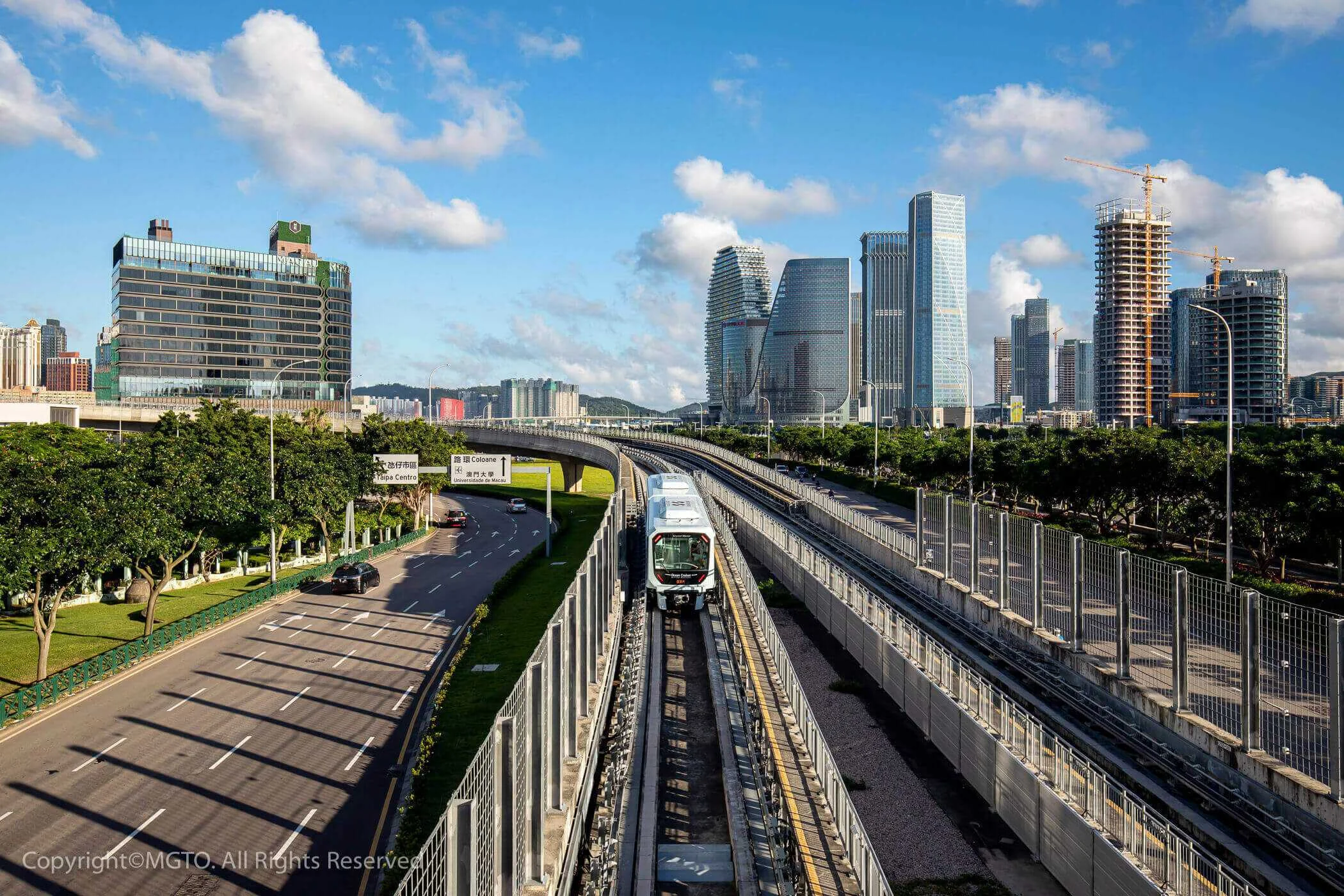
Connection to the Greater Bay Area (GBA) is key for Macao’s development. The nine cities and two special administrative regions of Hong Kong and Macao that sit along the Pearl River Delta is a significant resource and market. The region has ample land; in September 2021, China offered the 106.5-square-kilometre Hengqin island, located next to Macao, as a “co-operation zone”. This zone, about three times the size of Macao, is to be co-developed by Macao and Hengqin, with a non-gaming focus on R&D and technology, Mr Tai says. With its space and parks, the latter can help Macao diversify. Further afield, there is also room for the cities in the delta to collaborate on projects and lure travellers to the area through multi-city destination campaigns.
“
”
Macao must also link up to the international market to grow and attract visitors for longer stays. The new ten-year concessions are a way of engaging the IRs to make concerted efforts to enter the long-haul market, says Mr Siu. Last January, the government introduced a new law which exempts up to 5% of casinos’ gross gaming revenue—if it comes from overseas visitors. Already the six resorts are setting up overseas offices, scheduling chartered jets and setting up “foreigner-only” gaming areas in the casinos to lure long-haul tourists.
Another challenge is the need for a skilled workforce. Many overseas workers left Macao during the pandemic, and the government is now looking at how to rebuild the local force. One option is for people working in the meeting and convention space to travel between the GBA cities to cover events, says Mr Siu. And to recruit talent for its high-tech, modern finance, and health and wellness plans, the government introduced in July 2023 the Legal System for Talent Recruitment to make it easier to attract qualified professionals.
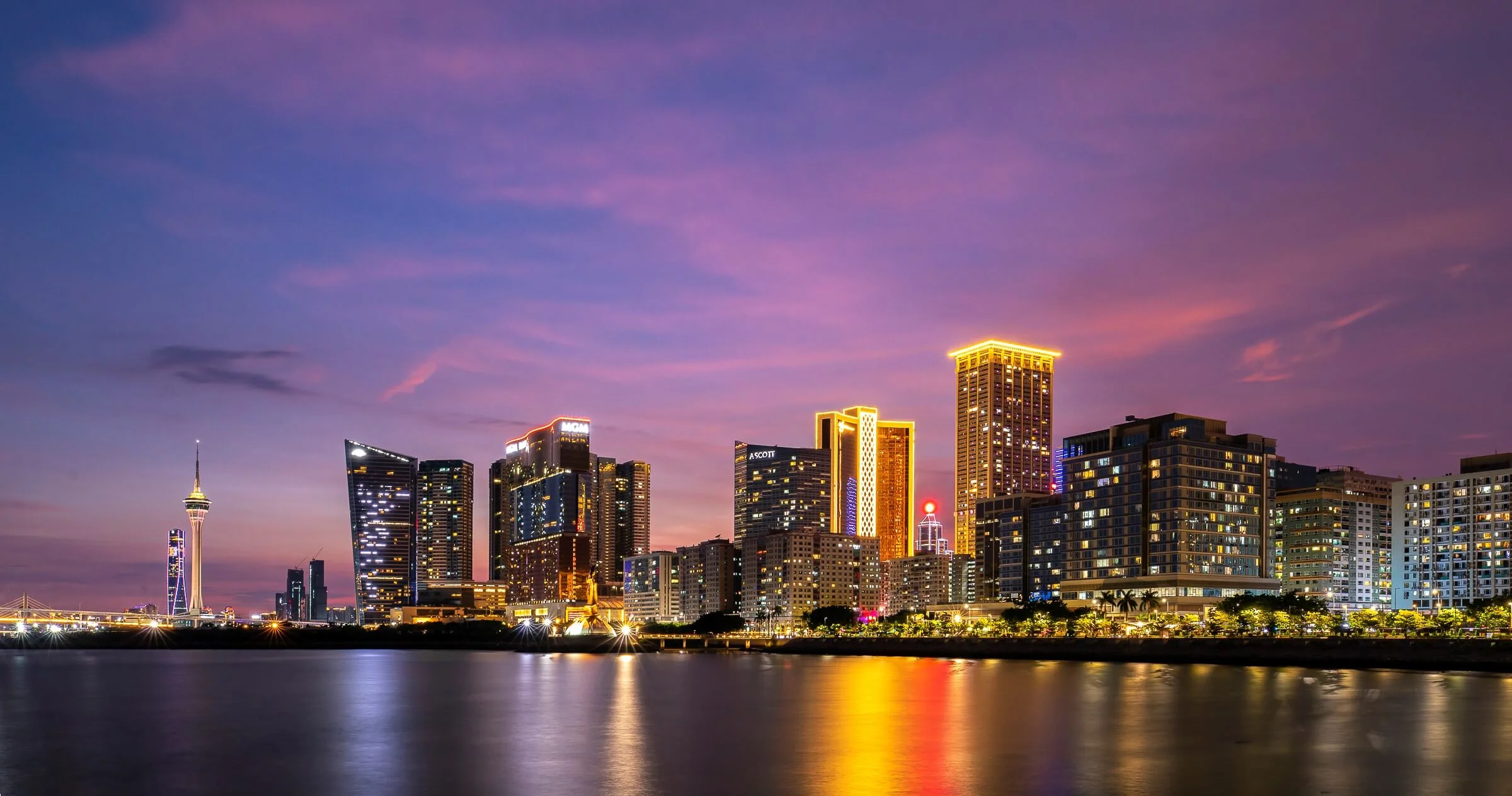
Looking ahead
With the new ten-year gaming contracts pumping extra investments into gastronomy, culture, heritage and the creative arts, the future of Macao is bright and “much more interesting”, says Ms Senna Fernandes. There is wide scope: to innovate with the nearly 500-year-old Macanese cuisine, to design educational tours for international travellers that showcase the history of Macao, and to leverage the territory’s stories and legends to create virtual worlds for the city. This builds on what makes Macao unique and its UNESCO credentials to make it a city of substance, says Ms Vong. “It is a city of many possibilities…new vitality and energy are being injected into Macao.”
“
”
Ms Senna Fernandes agrees. “Macao will continue to be a place where different cultures live together,” she says. “(It’s) a good place to live in and find opportunities to realise different people’s potential.” But above all, Macao belongs to its residents, and she hopes this treasured destination can be shared with everyone passing through.
